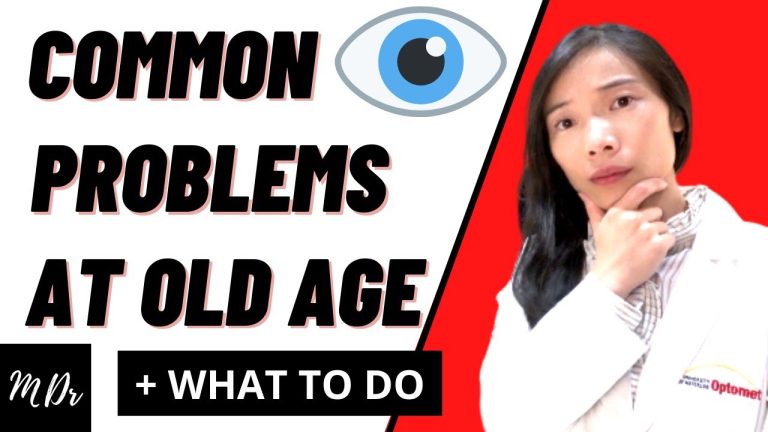The Link between Eye Health and Sleep: Tips and Products for Optimal Vision Care
Our eyes are one of the most important organs in our body, and yet they are often overlooked when it comes to maintaining our overall health. Just like any other part of our body, proper care is necessary to ensure optimal performance and minimize the risk of diseases and conditions. One of the most important factors that impact our eye health is sleep, which plays a critical role in our overall well-being.
Sleep is essential for our body to rejuvenate and repair itself after a long day of work. It is during sleep that our eyes get the much-needed rest they deserve. Lack of sufficient sleep can lead to a myriad of eye problems, including dry eyes, eye strain, redness, and even more severe conditions such as glaucoma and cataracts.
The Link between Eye Health and Sleep
Studies have shown that poor sleep quality can have a significant impact on our eye health. Sleep-deprived individuals are more likely to experience eye strain, eye spasms, and even temporary vision changes. Lack of proper sleep can also cause eye fatigue, which can lead to headaches and difficulty focusing on objects.
On the other hand, a good night’s sleep can help reduce eye strain and improve visual acuity. During sleep, the eyes are able to produce tears, which keep them moist and prevent dry eyes. Moreover, sleep helps to regulate the pressure within the eye, which can reduce the risk of glaucoma – a serious eye disease that can lead to blindness if left untreated.
Tips for Improving Sleep and Eye Health
1. Maintain a Consistent Sleep Schedule
Going to bed and waking up at the same time every day can help regulate your sleep-wake cycle and improve the quality of your sleep. It is recommended to get between 7-9 hours of sleep per night to ensure optimal eye and overall health.
2. Reduce Exposure to Blue Light Before Bedtime
Blue light emitted from electronic devices such as smartphones, tablets, and computers can interfere with our circadian rhythm and disrupt our sleep patterns. Consider using blue light blocking glasses or adjust the settings on your devices to reduce blue light exposure before bedtime.
3. Create a Relaxing Sleep Environment
Make sure your bedroom is conducive to sleep by creating a calming environment. Consider blackout curtains to reduce light exposure, white noise machines to drown out distracting sounds, and comfortable pillows and mattresses to support your body.
4. Take Breaks during Screen Time
Staring at computer screens, tablets, and phones for prolonged periods can cause eye strain, headaches, and dry eyes. Take frequent breaks to rest your eyes, blink often, and reduce screen brightness to a comfortable level.
By following these simple tips, you can help improve your sleep quality and protect your eye health. Remember that proper care and attention to your eyes are necessary to ensure they function at their best.
Final Thoughts
Our eyes are a vital component of our health and well-being, and taking care of them is essential. Sleep plays a crucial role in maintaining optimal eye health, and it is essential to establish healthy sleep habits to ensure we get the rest we need. By following these simple tips, you can improve your sleep quality, minimize the risk of eye problems, and keep your eyes functioning at their best.
Contents
Most wanted in Hoya Vision:
What brand lenses does Costco use?
Hoya Lens Engravings
What’s the rarest eye color?
Which lens is better Alcon or Johnson and Johnson?
How to Choose the Right Temple Type for Your Glasses
Hoya Sensity Vs Transitions Xtractive
What’s the difference between 1.5 and 1.6 lenses?
1.53 Trivex Impact Resistant
What lenses do Costco use?
Should eyeglasses cover eyebrows?
















